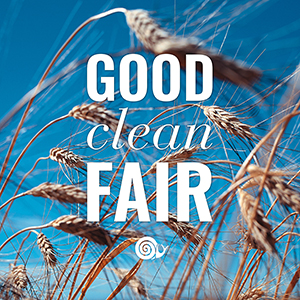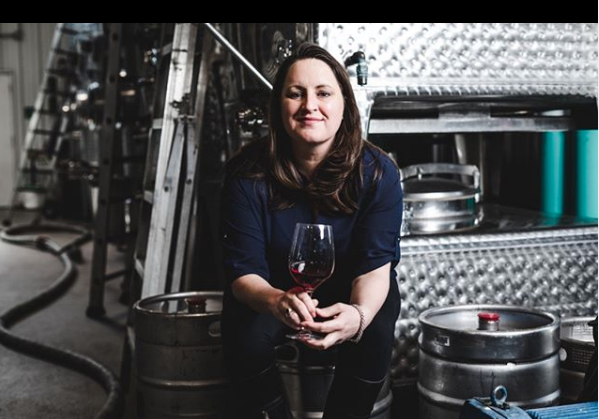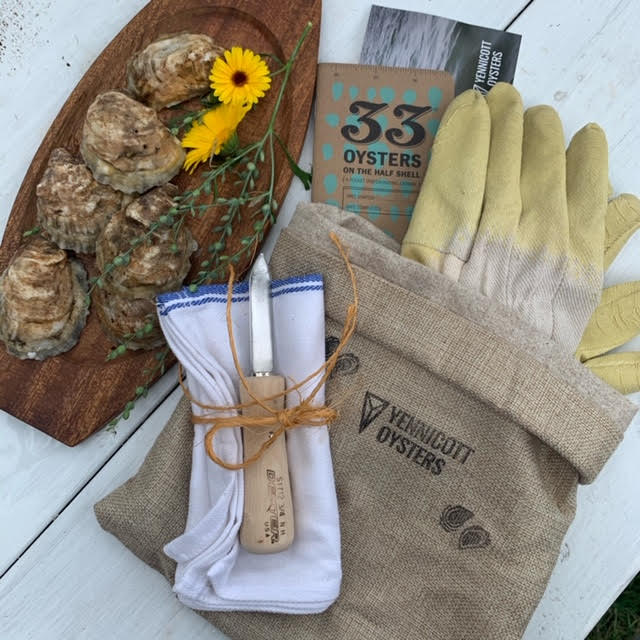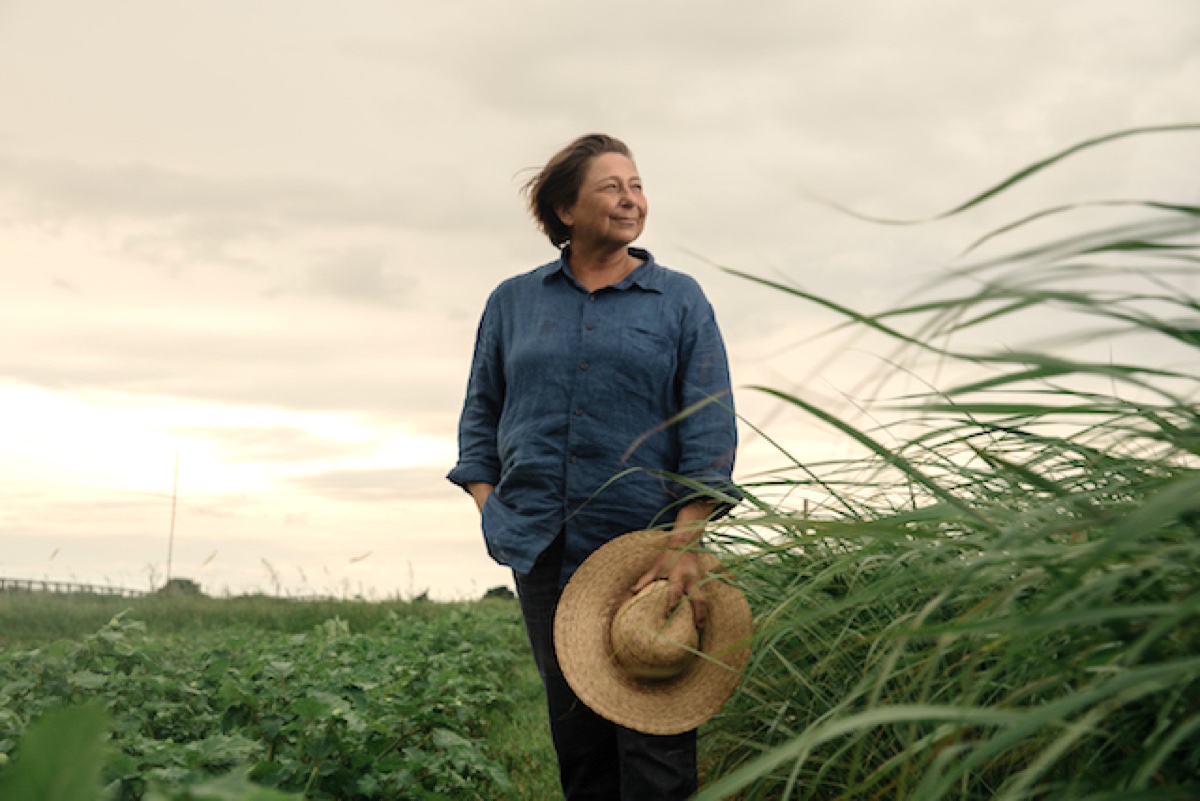A Great Way to Spend Wednesday Evenings in September!

Join Slow Food East End for Four Virtual Events Featuring Local Chefs, Farmers, and Beverage Artisans
We are bringing Slow Food to the comfort of your own home during this pandemic with the inaugural offering of Slow Food East End Live. This is our way to keep in touch and add value to our members when we are all staying close to home. Slow Food Live will feature conversations and webinars led by our local food community of makers, farmers, fishers, chefs, harvesters, and organizations whose sole purpose is to feed those without access to healthy food.
* Register Here *
The first series, which will kick off our September Membership Drive, (Join here!) is free and consists of three webinars and conversations led by members of our local food community. Here’s what you will see:
September 9 (6-7 p.m.)
Slow Fermented Drinks with a Local Twist with Leslie Merinoff, founder of Matchbox Distilling Company
Let’s raise a glass together to celebrate our East End Food Community! Matchbook Distilling Co. is a research and development facility dedicated to bespoke contract production of spirits that champion agriculture, anthropology, tradition, and science. Join CEO Leslie Merinoff as she teaches us to make two Slow Fermented drinks. The first features Treiber Farms butternut squash and organic wheat from Oeschner Farms in the Finger Lakes. The second will be a probiotic juice that could be a great mixer with multiple uses. Following the demo, we will have our first virtual happy hour. Register here.
Mark Your Calendar For These Upcoming September Sessions (More information to come for each of these.)
September 16 Snails the Real Slow Food with Snail Wrangler Taylor Knapp of Peconic Escargot
September TBD The Three Sisters with Chefs Elizabeth Ronzetti and Adam Kopels of 18 Bay Restaurant
September 30 Slow Food East End First-Ever Virtual Annual Meeting
These sessions promise to be fun and informative. To participate you will need Zoom installed in your computer/smartphone; download here.
See you soon!


 Every September we work to get our current members to renew and attract new members to the cause of Slow Food: good, clean and fair food for all. As you may have heard, our chapter,
Every September we work to get our current members to renew and attract new members to the cause of Slow Food: good, clean and fair food for all. As you may have heard, our chapter, 


